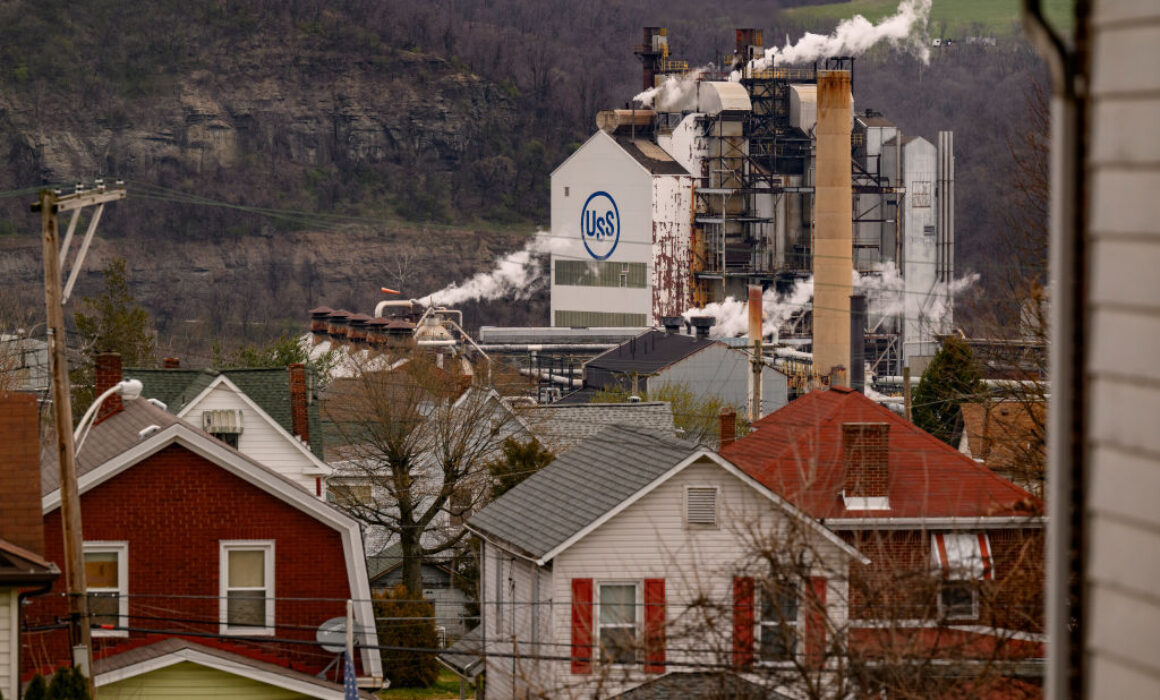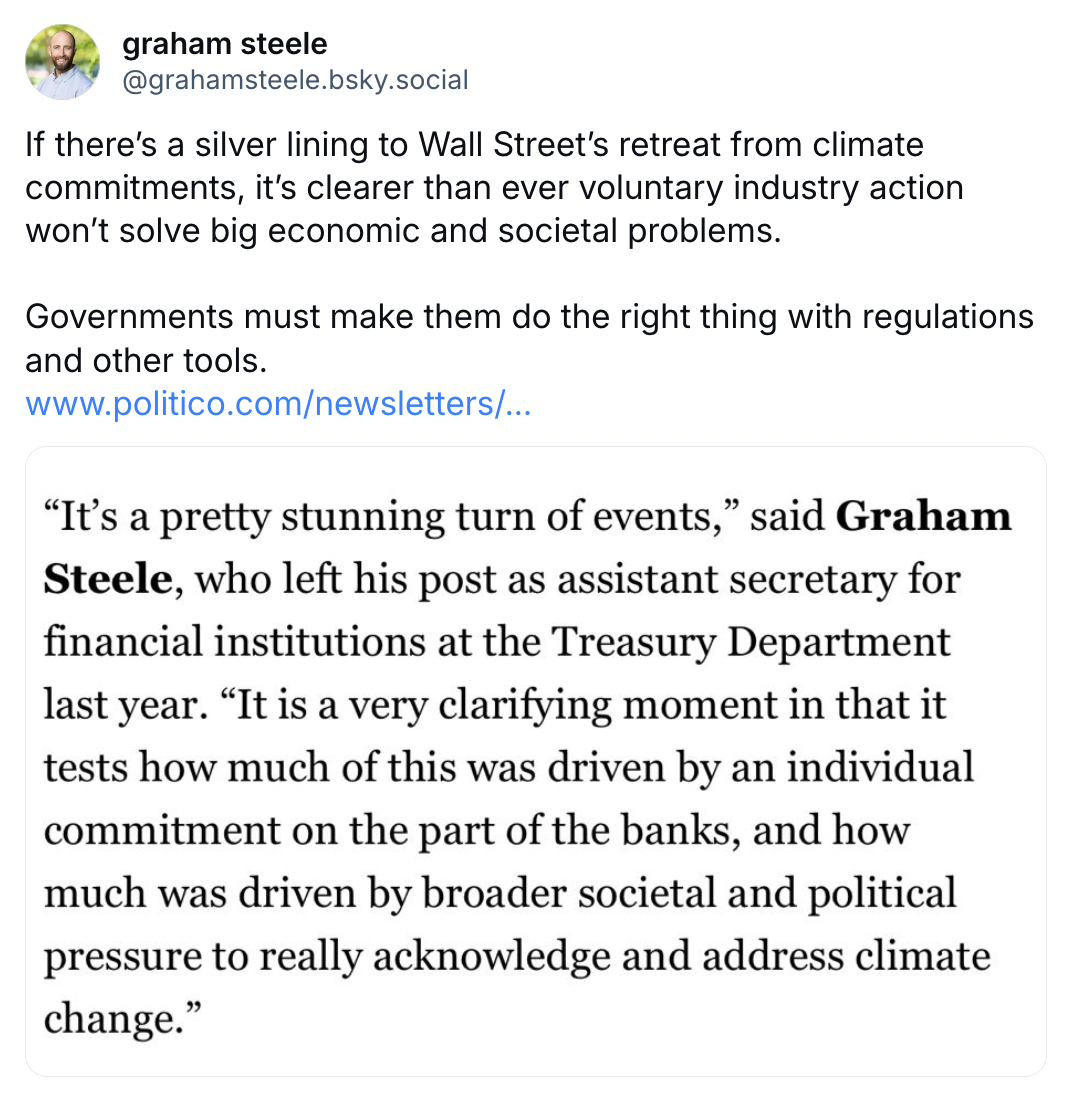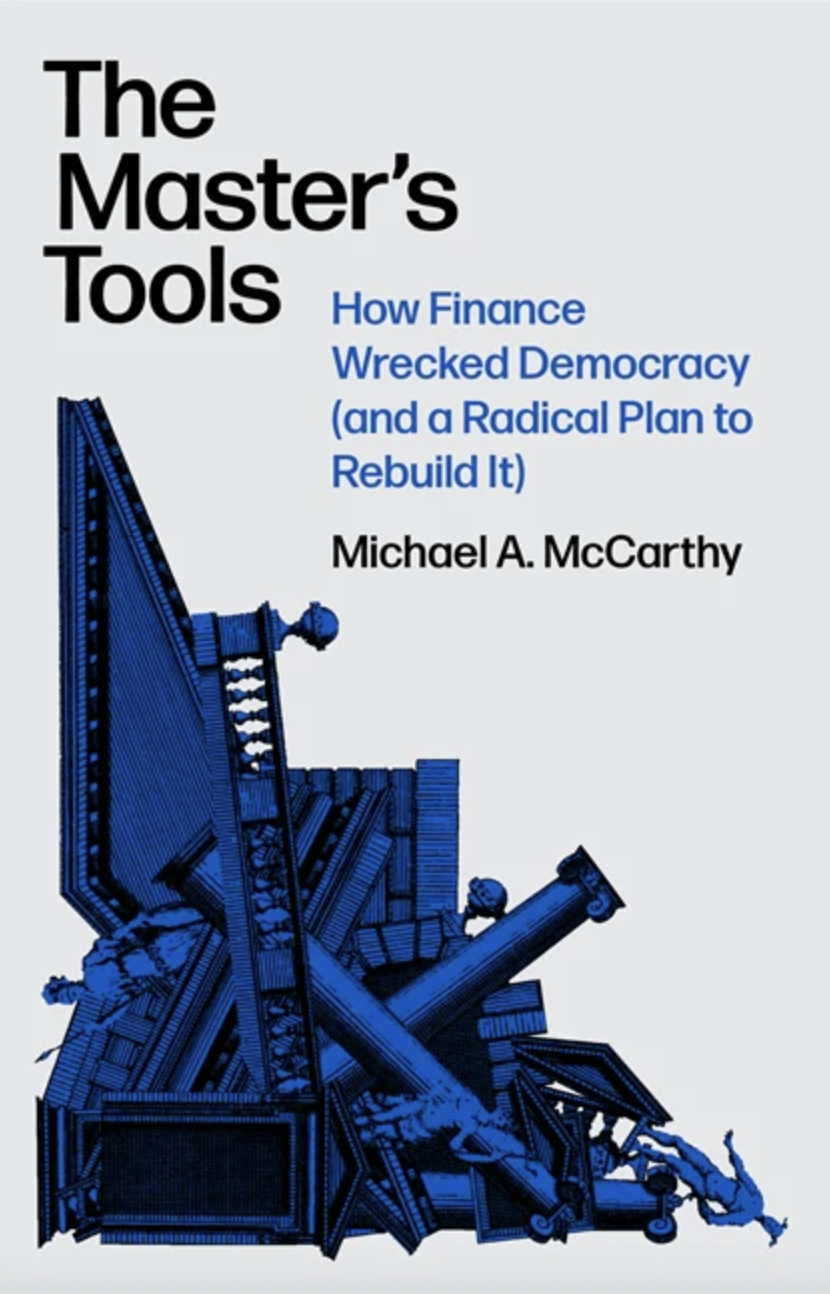US Steel Takeover Blocked: An Explainer
January 10, 2025

The US Steel Clairton Coke Plant on March 20, 2024, in Clairton, Pennsylvania. (Jeff Swensen/Getty Images)
The Government’s Role in Protecting Domestic Industries
The Biden administration’s contentious decision to block Nippon Steel’s acquisition of US Steel has been subject to multiple conflicting takes over the past week. Roosevelt’s Director of Industrial Policy and Trade Todd N. Tucker explained the administration’s decision in The Nation, writing, “Even if losing domestic sources of primary steel does not seem like a national security threat today, it might tomorrow.”
The acquisition, he notes, raises questions of not only whether the United States should produce its own steel but how it should produce its own steel. Labor and environmental concerns are just as relevant to questions of national security as wartime concerns surrounding domestic steel manufacturing capacity. Moreover, laws such as the Defense Production Act authorize policymakers to consider “the long-term health of the civilian economy, workforce, and energy security” alongside effects on critical manufacturing sectors as matters of national security.
As Tucker writes, “The real questions, in the end, were whether taxpayers are more likely to support subsidies (which most experts agree will be necessary to address Chinese competition and climate change) for a domestic or foreign firm and whom to trust more: C-suites with their golden parachutes, or unions who have an interest in seeing the steel industry survive?”
Read the full article: “Biden Was Right to Block the US Steel Takeover.”
“Freedom from Fear Is Eternally Linked with Freedom from Want”
Franklin D. Roosevelt set a forward-looking precedent when he delivered his first annual message to Congress, newly renamed the State of the Union address, in January 1934 rather than at the end of the previous year. Fittingly, his two most famous State of the Union addresses aren’t remembered for reflecting on the political moment of the day but for outlining generation-spanning ambitions toward enduring human prosperity.
Eighty-four years ago this week, his January 6, 1941, speech defined “four essential human freedoms”: freedom of speech, freedom of belief, freedom from want, and freedom from fear. Then his January 11, 1944, address evolved the Four Freedoms into the Second Bill of Rights, a series of economic rights that FDR maintained were necessary prerequisites to the political rights promised in the Constitution’s Bill of Rights: the rights to adequate food, housing, health care, education, and means to earn a living.
Eleanor Roosevelt would go on to weave these ideas into the foundational texts of the United Nations as chair of the drafting committee of the Universal Declaration of Human Rights. The declaration’s preamble cites the Four Freedoms—“the advent of a world in which human beings shall enjoy freedom of speech and belief and freedom from fear and want has been proclaimed as the highest aspiration of the common people”—and its articles enshrine each one of FDR’s economic rights.
The Roosevelt Institute honors FDR’s legacy to this day with the Four Freedoms Awards, and we will continue to take the long view of these enduring freedoms and economic rights in 2025 and beyond.
What We’re Talking About
What We’re Reading
- Roosevelt Fellow Michael A. McCarthy’s new book, The Master’s Tools, recounts how Big Finance has corrupted American democracy. He lays out a strategy for bringing “rule by the people” into investment decisions in an interview with the Institute for New Economic Thinking.
- Antitrust authorities are using their final days in office to crack down on corporate abuses—credit reporting agencies’ shoddy recordkeeping of medical debt, landlords’ price-fixing schemes, and oil companies’ price gouging—demonstrating the productive benefits of the government actually governing.
- Lina Khan is urging her successors at the Federal Trade Commission to carry her robust antitrust enforcement legacy forward.
- For more on the administrative state, see the panel on state capacity Roosevelt convened in November.
- Today’s jobs report shows a robust economy that continues to exceed expectations: Payrolls surged by 256,000 (against a forecast of only 155,000), and unemployment dropped to 4.1 percent.

